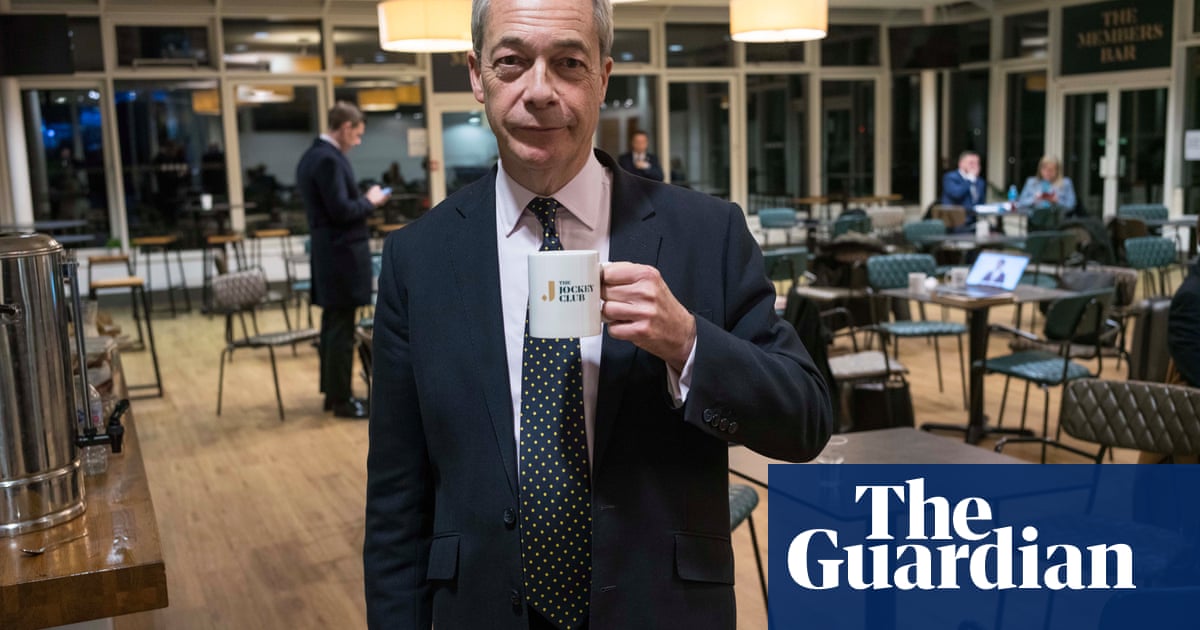If the only thing getting you through a mountain of present-wrapping is a mug of tea or coffee, be of good cheer. Researchers have found people who consume those drinks have a slightly lower risk of head and neck cancers.
There are about 12,800 new head and neck cancer cases and about 4,100 related deaths in the UK every year, according to Cancer Research UK.
The new study does not prove that tea and coffee are themselves protective against such cancers, but experts say the findings help to shed light on what has been a much debated area with inconsistent results.
“While there has been prior research on coffee and tea consumption and reduced risk of cancer, this study highlighted their varying effects with different sub-sites of head and neck cancer including the observation that even decaffeinated coffee had some positive impact,” said Dr Yuan-Chin Amy Lee of Huntsman Cancer Institute and the University of Utah School of Medicine, the senior author of the study.
Writing in the journal Cancer, the team report how they analysed data from 14 studies that covered Europe, North America and Latin America.
Participants in the studies were asked to complete questionnaires to record their consumption patterns for tea and coffee. Nine studies included data on participants’ consumption of decaffeinated coffee.
The researchers analysed data for 9,548 people with head and neck cancers and 15,783 without.
After taking into account factors such as age, sex, daily number of cigarettes smoked, alcohol consumption and fruit and vegetable consumption, the researchers found that people who drink more than four cups of caffeinated coffee a day have a 17% lower chance of developing head and neck cancers overall compared with those who do not drink the beverage. Specifically they found such consumption was associated with reduced odds of cancers of the oral cavity and the oropharynx – part of the throat just behind the mouth.
Drinking decaffeinated coffee was only associated with a reduced risk of oral cavity cancer.
The situation was less clear for tea. The results suggest drinking one cup a day or less is associated with 9% lower odds of head and neck cancers overall compared with abstaining, and specifically a reduced risk of cancer in the lower throat.
“Perhaps bioactive compounds other than caffeine contribute to the potential anti-cancer effect of coffee and tea,” said Lee.
But drinking more than one cup a day is associated with a 38% higher chance of laryngeal cancer, something the team suggest might be down to tea drinking potentially increasing the chance of gastroesophageal reflux disease, which is linked to higher risk of laryngeal cancer.
The team note the study has limitations, including that self-reporting of tea and coffee drinking can be unreliable and the type of tea or coffee was not considered.
Tom Sanders, a professor emeritus of nutrition and dietetics at King’s College London who was not involved in the work, also raised drawbacks.
“In observational studies, it is very difficult to totally eliminate confounding effects, for example, of tobacco and alcohol from the statistical analysis,” he said.
“Consequently, people who drink a lot of coffee and tea may be more likely to avoid other harmful behaviours such as drinking alcohol and using tobacco and so may be at a lower risk of these cancers for other reasons.”

.png) 2 weeks ago
10
2 weeks ago
10













































